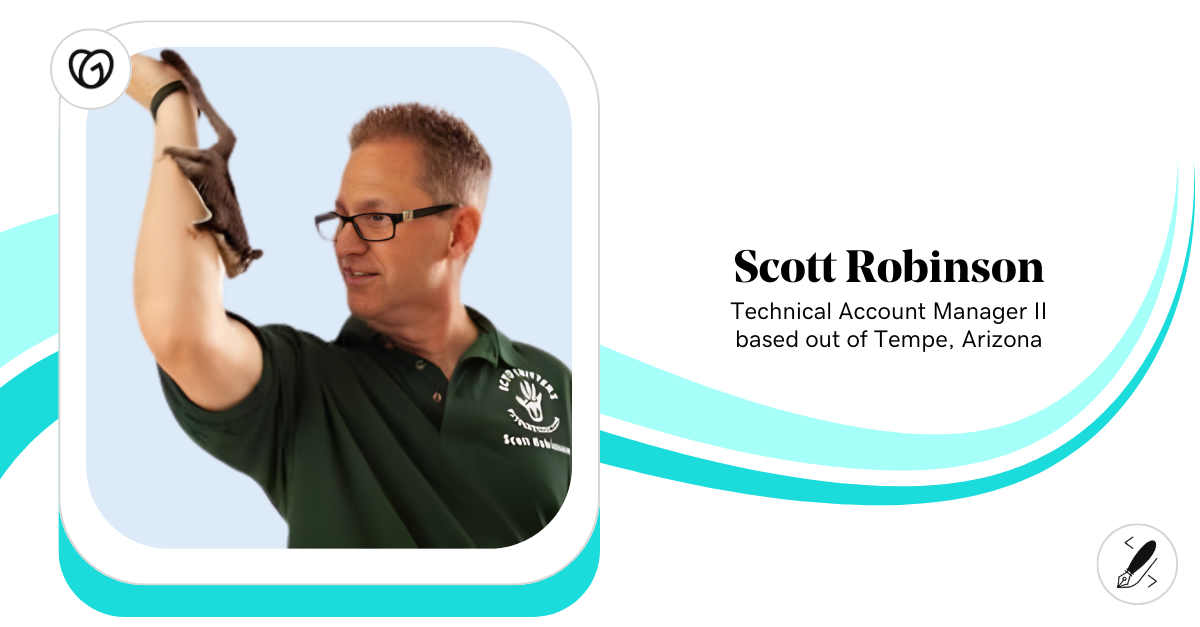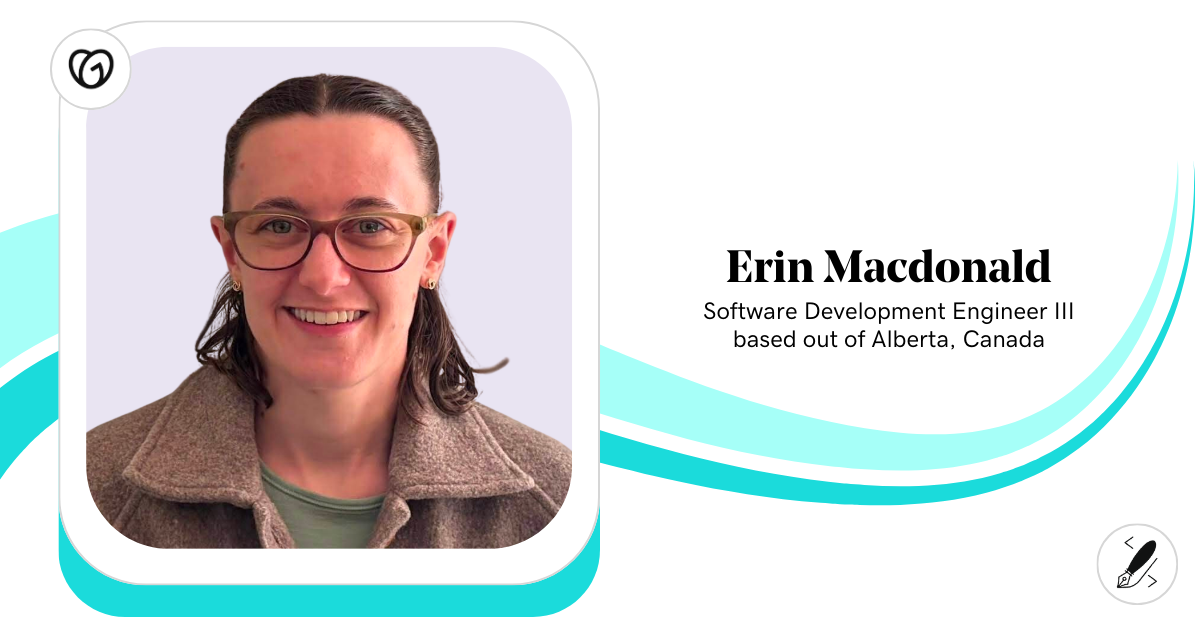Starting a business can be one of the most rewarding experiences of your life. It can also be one of the most challenging — especially when you consider the importance of mental health for entrepreneurs. You wear all the hats, and it can sometimes feel impossible to do all the things those hats require of you.
Most of the entrepreneurs I have met, read about, or followed online have shared the toll it can take on your mental health. But, if I’m honest, I feel like not enough people talk about that.
Unfortunately, if your mental health suffers, your business can too. And it’s not like you can take a sick day like you could when you worked in a “regular job.”
With this in mind, I reached out to Licensed Professional Counselor, Stephanie Levitt of Pathways Counseling Services in Scottsdale, Arizona for a frank chat about mental health for entrepreneurs. Read on to learn her ideas and advice that could help you preserve your own mental health as you build and grow your business.

What exactly does mental health mean?
Stephanie: Mental health really is, for me, a balance of your psychological, your social, and your spiritual life. It's where one affects the other. And so having a good balance of all of that and paying attention to all of that is what mental health is about. When one gets off balance, that's where we tend to see the others. It affects the others as well.
Why is it so important we protect our mental health?
Stephanie: I think with the daily influences that we have to the media, social media, the news, just neighbors — even things you're seeing constantly, day to day — you're being barraged with messages that are scary. And I think that it's really important to keep your mental health in check, and to make sure you're doing things to protect your mental health so that you can live your best life and be there and show up for your family, your friends, your work.
Why is it so important or more important for entrepreneurs to protect their mental health, and how should they go about doing that?
Stephanie: Entrepreneurs, I think, tend to get pretty focused on work, and tend to lose sight of the environment around us. We tend to laser focus, and we're all work and no play — I mean, I know it's a cliché, but it's true.

If entrepreneurs are completely involved in their work and all aspects of their work... I can see where the balance very easily gets derailed. They tend to forget their mental health. So I think more than ever entrepreneurs need to focus on that balance.
Do you think that being our own boss negatively impacts our mental health?
Stephanie: I absolutely do. Because when you're an entrepreneur, you're working 24/7. You don't have vacation days. You don't have PTO days where you can just turn off your phone and relax. So I do think that that tends to lead to working all the time. You're never off and that can really wear somebody down over time.
What would you say is the best way for an entrepreneur to keep their mental health in check?
Stephanie: What I have found works, and what I work on with my clients is really keeping life in check — being very mindful of having a balance. The first step to anything is being aware. If you are aware that the balance is off, you can do something to fix it. If you're not aware that it's off, it's harder to fix.
So being aware, that okay, I've spent five hours nonstop on work or in the office, I need to go take a break. Maybe I'll go take a walk around the block. Maybe I'll go grab a coffee at my favorite place. For me, I'll talk to my son for a while.
How do you convince someone who is passionate about work to take a break?
Stephanie: Yeah, that's a good one. That's a really good one because I get that a lot. My work is my passion and so I understand that. I think initially it can be very exciting being an entrepreneur, starting off and having all these roles that you're filling. But, eventually, no matter how exciting it is in the beginning, I think after a while it wears on people.
And again, looking at that balance — even if it means half an hour a day broken up into different spots. You're doing something — giving yourself permission to have the time and not guilting yourself about it.
Giving yourself five minutes. You’ve got to take a shower anyway. Do it mindfully. Taking care of yourself like that, rather than having those worry thoughts going in the shower. Take that moment to do a mindfulness check in if that makes sense.
A psychologist I have worked with in the past often says you can take a five-minute vacation any time you need to. It doesn’t have to cost a dime. What do you think?
Stephanie: Yes, absolutely! And again, giving yourself permission. Because where I find a lot of entrepreneurs get in trouble is when they start ‘shoulding on themselves.’ They say, ‘I should be doing something.’ or ‘I should not be sitting here and doing nothing.’
It's really not about doing nothing. It's about taking that five-minute mindfulness break. Maybe you do a quick gratitude journal. Or maybe you just list gratitude in your mind. When you're doing that, you're focusing on the present moment, what you're grateful for, and it's a mini mental vacation.
So, are you saying we should reframe the guilt into taking the time to be better for your business?
Stephanie: Absolutely. And I gave myself those five minutes! So, you’ve got to catch yourself when you go down that road and you start saying, ‘I should be doing something. I shouldn't be just sitting here.’ Because most entrepreneurs, I think, feel that guilt, at least initially, when they're not used to just taking a little break.’.
If we put it in a box, we said it's right versus wrong, that would be the opposite of balance. So 100%, yeah, if you find what works for you and that fulfills you, then that's it like you found your secret sauce. Maybe in five years it won't work for you anymore, and then you switch it around. As long as you're doing what your definition of self-care is, that's all that really needs to happen.
It’s regularly asking yourself how you are feeling. It’s giving yourself mental check-ins.
What does self-care mean to you?

Stephanie: For me, self-care is really focusing on when I say I'm going to take time off. I don't feel that guilt. I really give myself permission to have that break.
So, for me, the break might be sitting relaxing in my backyard with my cup of coffee and sitting on my lounge chair and watching, noticing the water in the pool, chatting with my son, going for a bike ride. We got these new electric scooters that are so much fun.
I really just allow myself to have that time, whether it be an hour [in the evening], or [a few minutes in] the morning, I'm going to go and do something that I enjoy.
And it could be anything. It could be a hobby, it could be journaling. Some people may enjoy getting a massage. Some people for self-care may enjoy a mindfulness walk. Whatever it is that does it for you, if you do it with the presence of mind that ‘I'm going to allow myself this time and you work on that piece of it,’ then you're taking care of yourself.
Related; 15 self-care ideas for entrepreneurs
What kind of signs should we be looking for that tells us we need to take a break?
Stephanie: I'd say if you notice exhaustion, fatigue, if you notice that your mood has changed, if you may be a little shorter with colleagues, maybe a little shorter with friends, with your family, all of those are signs. If you're getting sick a lot, your immune system may be lower. I think all of those are signs that you need a break.
If you find yourself ruminating at night and you're waking up and you're having a hard time going to sleep and you have worried thoughts, all of those can be signs that you need maybe some time to just take a break.
Related: How to cope with overwhelm
In your opinion, can taking care of mental health for entrepreneurs improve our chances of success in business?
Stephanie: Oh, absolutely. Because when you notice you're starting to feel a little bit resentful, and I'm sure it's not about the client, it's just that you need a break. You're not going to show up as your best self.

If I don't have enough sleep and I'm busy staying up till 1 a.m. working on my business, there's no way I could be a good therapist for somebody the next day. There's just no way. I'm going to be crabby, I'm going to be cranky.
At the end of the day, I'm a person, too. So absolutely, you're going to be 100% better for everybody that you know, everybody's life that you touch in business, in pleasure, your family, your friends.
At what point, when entrepreneurs are trying to take care of their mental health, do you think they should seek out mental health support?
Stephanie: I'm not just saying this because I'm a therapist. I really think that the healthiest people have somebody to talk to.
And sometimes you don't want to talk to your family or your friends or sometimes your family remembers maybe you're having a problem with your relationship or your spouse or whatnot your family holds that grudge, and you just want a neutral party or you want somebody to kind of help give you some insight. I don't think people necessarily have to hit rock bottom to go and seek out mental health either.
I think the healthiest people have coaches, and mental health practitioners in their life. I have plenty of people who come in who just want a monthly checkup.
They come in and they just want to make sure that they're balanced and there's nothing that they're not seeing that maybe they could use a lower they just for their personal growth.
But if you do find yourself where you feel like, this is something you really need help with, perhaps you feel like your mood has changed, you're not as fun anymore. Maybe people are saying ‘what's wrong?’ You notice that you have a negative view versus your positive or at least neutral view on things.
Those all might be signs that your mental health needs a little pick me up and it might be helpful to talk to someone.
Related: How to develop a support system for better mental health
If entrepreneurs need to protect mental health, how should they go about seeking a professional to help them?
Stephanie: One good way are referrals or just getting online and doing a little bit of research and finding somebody that seems to be a good fit. You could look up somebody who maybe has a similar philosophy, maybe has good reviews, is a good place to start, and then call the office and see if the person that you're speaking with, it seems to flow. It seems to be a good fit.
If the practitioner and the therapist that you're going to be seeing has a similar maybe value system or maybe perhaps they specialize in seeing entrepreneurs, that would be a good way to start.
It takes a few [tries] sometimes. Sometimes you get lucky and right away you know that person's a match for you. It's a fit, but sometimes you don't.
And if it takes a few to experiment and find somebody, it doesn't necessarily mean mental health failed you or the mental health professionals failed you. It's just that you’ve got to find your match.
What would you recommend for a bootstrapped entrepreneur that can’t budget for mental health care?
Stephanie: There are some resources out there that can be free, so that is one way to go. They can also do some work on their own. There's a lot of good self-help books out there that kind of get the ball rolling, especially maybe looking up something where it's an entrepreneur, written by an entrepreneur, how to balance your life.
So some education and self-help books are a good way to start — makes you feel that you're not alone by reading that this was also someone else's experience.
There’s also talking to friends and family if you have that kind of relationship. Or other entrepreneurs that might be going through a similar experience. Taking up a mindfulness practice — that's something that you can just do right away.
There's plenty of free apps out there that are mindfulness-based apps, and they're great. And if you just start doing five to ten minutes a day, taking that action sometimes helps them feel better and get out of that rut.
If you or someone you know is in need of mental healthcare, please don’t wait. You’re not alone, and you deserve to be taken care of. If you need immediate help and are having thoughts of suicide, call the suicide and crisis hotline at 988.







